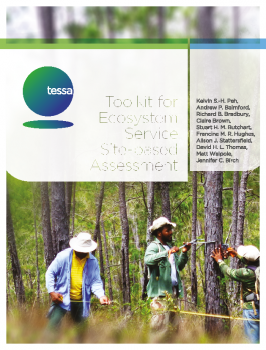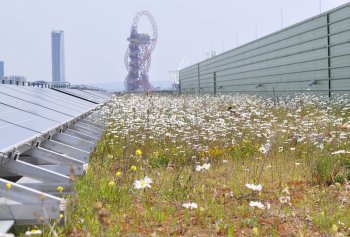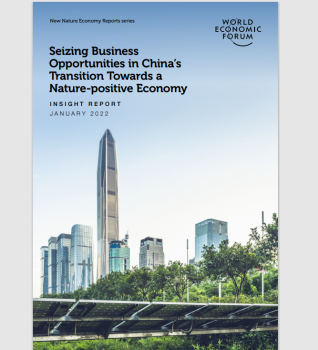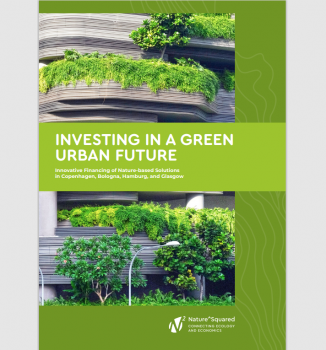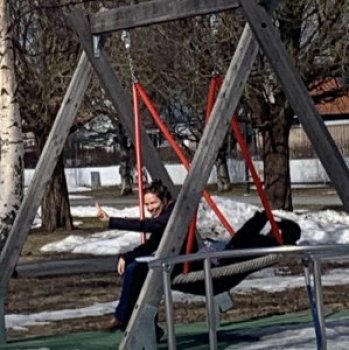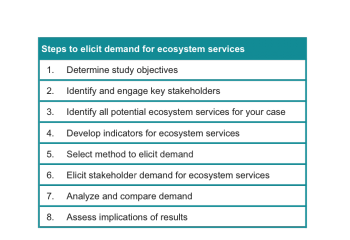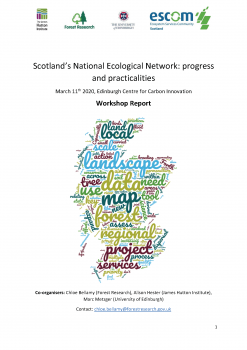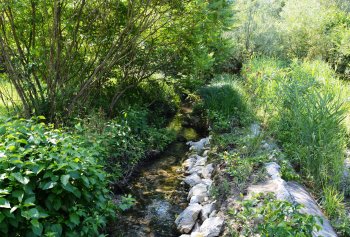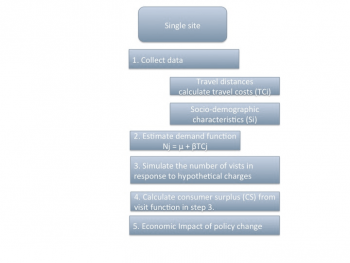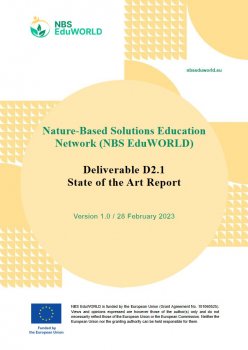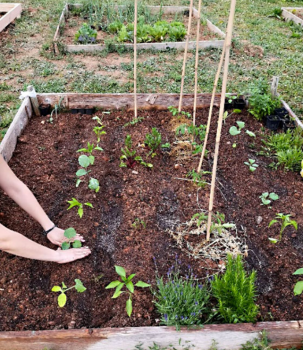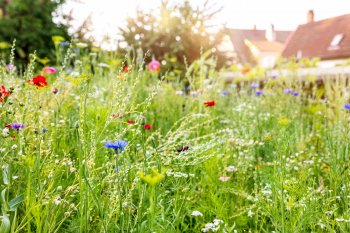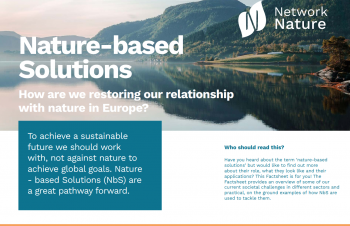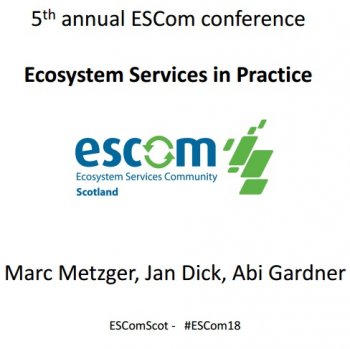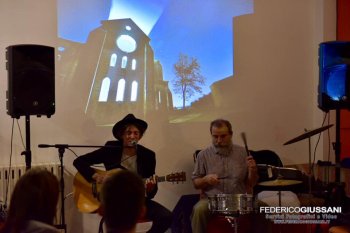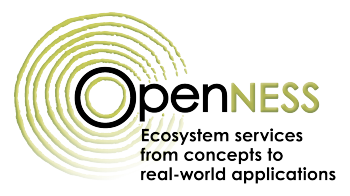Marketplace
Governance of Ecosystem services: how to transform the ES concept into an explicit management tool
An infographic that synthesises the work done at the Barcelona hybrid dune, an exemplar of the OPERAs project.
TESSA - Toolkit for Ecosystem Services Site-based Assessment
The TESSA toolkit provides practical guidance for measuring ecosystem services at the site scale.It effectively communicates the results to aid decision-making on a local level,which is an area existing tools have had limited applicability.TESSA provides scientifically robust information and a
Insight Report: Seizing Business Opportunities in China’s Transition Towards a Nature-positive Economy
This report by The World Economic Forum lays out a clear roadmaps for Chinese companies to seize the business opportunities offered by 15 priority transitions under three socio-economic systems. These transitions are projected to ad $1.9 trillion in business value and could create 88 million jobs
Report: Investing in a green urban future
This Nature^Squared report highlights that cities are affected and influence climate change. For this reason, they are looking for ways to develop smart solutions to develop more resilience. Nature-based solutions make it possible to develop green urban areas that meet the growing need for
Massive Open Online Course (MOOC) on Ecosystem Service and Sustainable Development
We are pleased to announce a new MOOC on Ecosystem Services available immediately on the Coursera platform, produced by the University of Geneva, the Geneva Water Hub, the Luc Hoffmann Institute and the Natural Capital Project. Is this course for me? This MOOC is for anybody interested in
Seedbed Intervention: Umeå
The Cultivating City of Umeå carried out its seedbed intervention. Bölevägen is the name of the street that will be reconstructed over the next two years, along four green spaces that will be designed and developed. The seedbed intervention site, Aspgärdan, was an empty area close to an English
Quick Guide to Eliciting Demand for Ecosystem Services
This summary document provides an overview of the eight-step framework for eliciting demand for ecosystem services put forth by the OPERAs Exemplars in the full guidance document, Eliciting Demand for Ecosystem Services: Results and User Guidance from the OPERAs Demand Synthesis Working Group. The
ESCom 2020 workshop: Scotland's National Ecological Network - progress and practicalities
This report summarises the contents and outputs from workshop ‘Scotland’s National Ecological Network: progress and practicalities’, held on the 11th March 2020 at the Edinburgh Centre for Carbon Innovation. Scotland’s Programme for Government 2019-2020 and Biodiversity Routemap to 2020 set
Multibenefit Flood Retention
Guidelines for the development of a flood retention reservoir fostering water quality, biodiversity, local amenity value & environmental education.
Method Factsheet - Travel Cost Valuation
The travel cost methods (TCM) is based on the observation that recreational services can only be realised through physical access to nature. This implies that individuals seeking to enjoy the service will need to spend resources (time and money) to travel to the site. The travel activity is a
NbS EduWORLD State of the Art Report
This report aims to provide an overview and detailed analysis of the state of the art in nature-based solutions (NBS) education across the European region and at different education levels. Based on desk research and interviews, it highlights the gaps and opportunities in NBS education. It finds
Addressing climate change in cities: Policy instruments to promote urban nature-based solutions
This guidance document responds to gaps and highlights a range of policy and supporting instruments relevant for NbS design, implementation and maintenance. Policy instruments include regulations, strategies, programmes, action plans and financial incentives. Each instrument is briefly described
NbS Financing in Front Runner Cities
Connecting Nature aims to support cities in securing financing to support the large-scale implementation of nature-based solutions. Within a relatively short period of three years, Connecting Nature has had a major impact in raising the knowledge and awareness of partner cities about alternative
Demonstrating the impact of innovative nature-based solutions
This Infographic shows the environmental, social and economic impact of innovative nature-based solutions in Connecting Nature cities Genk, Glasgow, and Poznań.
NetworkNature Factsheet - Nature-based solutions: are we restoring our relationship with nature in Europe?
To achieve a sustainable future, we should work with, not against nature to achieve global goals. Nature-based solutions are a great pathway forward. This Factsheet was produced by NetworkNature to provide an overview of some of our current societal challenges in different sectors and practical
ESCom's 5th Annual Conference Presentations
A compilation of ESCom's 5th annual conference presentations on the theme of Ecosystem Services in Practice held on the 18/6/18. This product show cases some of the research and projects currently conducted in the Scotland regarding ecosystem services and natural capital in practice.
GoGreenRoutes Introduction Video
Learn about GoGreenRoutes' core approaches and meet the project's partner cities in this short introduction video.
Metalliferous Hills Jug Band "geoperformance"
The Metalliferous Hills Jug Band (or Jug Band dalle Colline Metallifere, JBCM, in Italian) is an international and inter-generational collective proposing a combination of music and environmental practice, where melody, rhythm, storytelling and science outreach are merged in one situation. The JBCM
Scenario Planning Factsheet
In scenario planning various tools and techniques are applied (often in combination) to develop plausible and internally consistent descriptions of alternative future options (Johnson et al. 2012). Assumptions about future events or trends are questioned, and uncertainties are made explicit (
- ‹ previous
- 36 of 45
- next ›


